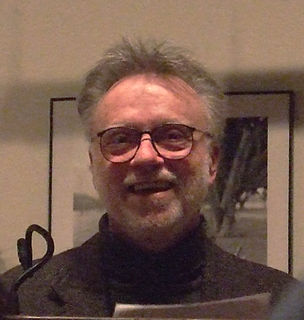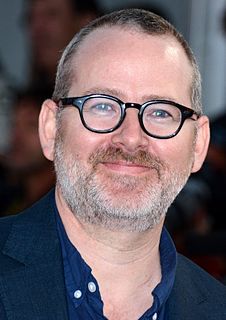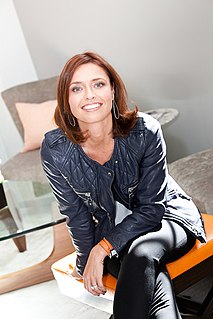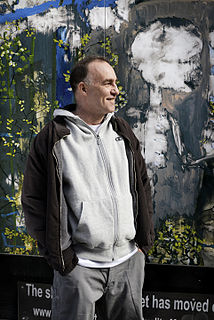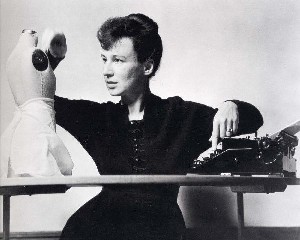A Quote by Maurice Sendak
You can start making up any kind of story if you want to.
Related Quotes
I write in expectation that readers want to participate in a kind of two-sided game: They are trying to guess what I am up to - what the story's up to - and I'm giving them clues and matter to keep them interested without giving everything away at the start. Even the rules, if any, of the game are for the reader to discover.
So often with beginning writers, the story that they want to start with is the most important story of their life - my molestation, my this, my horrible drug addiction - they want to tell that most important story, and they don't have the skills to tell it yet, so it ends up becoming a comedy. A powerful story told poorly becomes funny, it just makes people laugh behind their hands.
Any kind of sequence when you have to express physical space and time can be difficult to story-tell because, if you're sitting there watching it like it's a play or something, your mind can track what's going on, or if you're watching an actual fight you can kind of track what's going on, but as soon as you have to start telling the story and tracking for the audience, it becomes much more complicated.
Who cares what the color means? How do you know what he meant to say? I mean, did he leave another book called "Symbolism in My Books?" If he didn't, then you could just be making all of this up. Does anyone really think this guy sat down and stuck all kinds of hidden meanings into his story? It's just a story.... But I think you are making all of this symbolism stuff up. I don't believe any of it.
It was my idea that if you started any kind of business, you should begin somewhere near where you hoped to end. In other words, if I wanted to make really good clothes to order, I would start out making good, and therefore expensive, clothes to order. If I started making inexpensive clothes, I thought probably I'd die making them.
I don't have the story finished and ready when we start work on a film. I usually don't have the time. So the story develops when I start drawing storyboards. I never know where the story will go but I just keeping working on the film as it develops. It's a dangerous way to make an animation film and I would like it to be different, but unfortunately, that's the way I work and everyone else is kind of forced to subject themselves to it.


